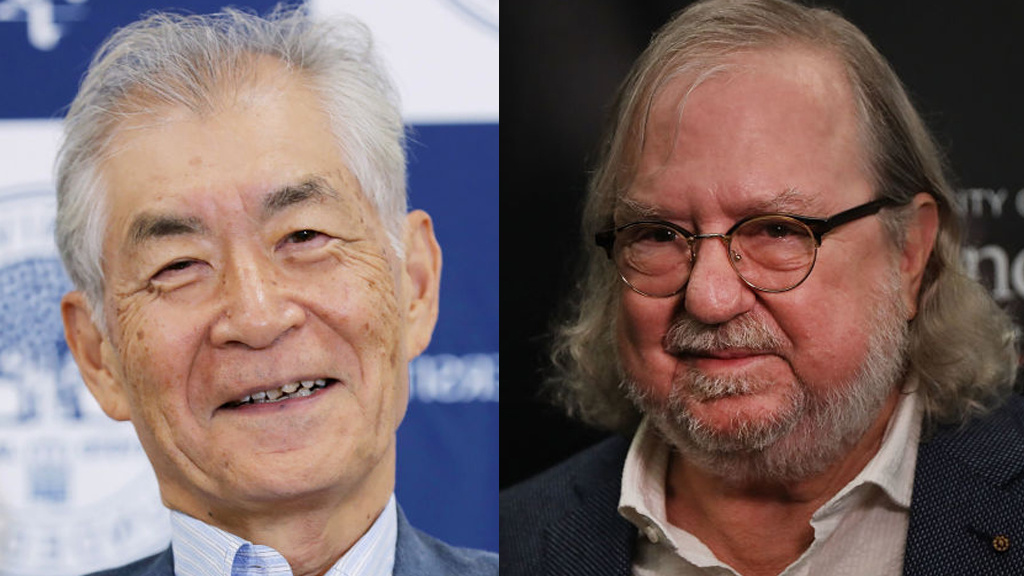Jim Allison is the subject of Jim Allison: Breakthrough, a documentary narrated by Woody Harrelson that brings filmmakers and scientists together to tell the story of a Nobel Prize-winning cancer discovery that changed the world. In cinemas September 27th, 2019.
DocLands presents Jim Allison: Breakthrough (Official Trailer)www.youtube.comJIM ALLISON: It's hard to explain how a lab works actually but what I do is all these years is try to build, try to recruit people who are curious and care about science and are committed and just have to know. And you have to put up with a lot of failure because If you don't you're probably doing boring stuff that anybody can do. You need to be out there on the edges where it's going to be more harder and darker behind what you're doing.
That's the whole point after all. And so you just have to be ready to spend 10 years on something making incremental steps along the way. You also have to know when to give up. I wouldn't say never, never give up until you've got enough to know that you're not just wasting the rest of your career on beating your head against the wall. In my lab I've been lucky at times to have people who are just full of ideas and we have ideas and we kick them around, we talk. Everybody I train — and don't do it in a nasty way but anytime anybody gives you a hypothesis you come up with another one that fits the data equally well. That's your job. Somebody at a lab meetings says, "I think this means that," you know, somebody gives their data and you say, "Okay, What do you mean? What do you conclude?" And I say, "Anybody else? Can you give me another conclusion for that?"
I mean that's the whole thing, right? How do you get the right one. It takes commitment but in my lab and in Berkeley days occasionally the lab would pull together with some key people. We worked together, we talked all the time, we partied together, we went sailing, we went drinking and listened to music or whatever. It was just work, play, work, play until it all got so mixed up you couldn't tell anymore.
Well it is important although there are times when it seemed that there was no life outside the work because everything revolved around it. I mean not everything, not completely. Like I say, we had just little spontaneous groups would build in the lab or people who just enjoyed each other and their ideas so much. You do have to get away from it every now and then and clear your head if nothing else. It does take — it's a slow process. But, you know, when you find it — to a scientist the real key of the realm is knowing something before anybody else on the planet knows it and really knowing something and hopefully something important. That's a selfish little secret.
It's hard. I mean it is hard particularly you keep, you're doing something that's right over the hill. There's no – Jerry Jeff Walker's song is I've got one eye on my lady and one eye on the open road. You're always looking down for the next thing. I guess the thing is when you can't see what you're doing now gets you down that road then what's in the way. Can you go anywhere? You can't just keep saying I'm going to do this next experiment and it'll get me over the hill. You can do that for a while but then if you can't think of the proper experiment that really not only gets you over the hill but tells you what path to take when you're over it then probably.
I mean I know I'm being vague because it's kind of, you can't give you hard things. It's just more of a feeling. I'm doing this — and the data tells you. I mean it's just back to the same thing. You look at the data and see where it's leading.





